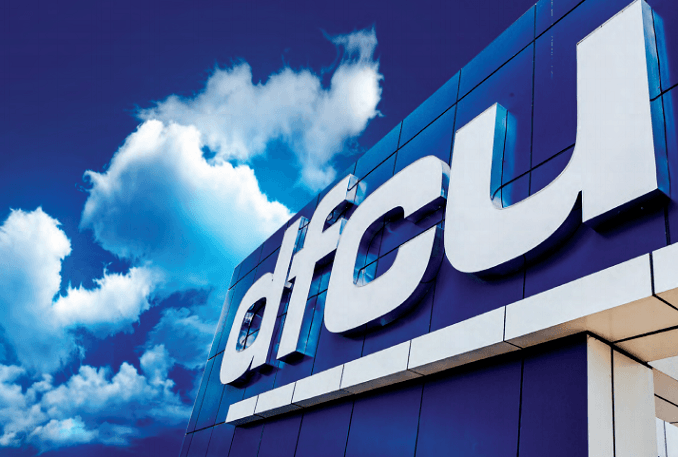Some of the major shareholders of DFCU Bank are up in arms against top managers for spending US $25 million (about Shs95 billion) to upgrade its core banking software, it has been revealed.
The investment of that money helped DFCU to move from version 7 of its Infosys’ Finacle core banking platform to version 10. But some shareholders say most of the money could have gone to those involved in the procurement process.
The system incorporated Crane Bank’s operations as well. Crane Bank had been using the Bankmaster core system from Finastra (formerly Misys) for a number of years. In 2013, it embarked on a core software replacement project with Temenosand its T24 platform, but this project did not come to fruition as the bank was liquidated by the Bank of Uganda collapsed amidst allegations of corruption and fraud. The case is now in court.
The new development comes at the time when some major shareholders are in disagreement over the bank’s finances, with some poised to pull out. It is said top shareholders are fighting over the Shs127 billion net profits earned in the year 2017.
Britain’s Commonwealth Development Corporatrion (CDC) has indicated it want to exit and is hunting for possible buyers of its shares in DFCU. CDC says the option of floating the shareson the Uganda Securities Exchange is open as well should they fail to find a buyer or buyers that can take over the shares at once.
“With the knowledge of the company and Arise B.V., we have held preliminary discussions with a small number of potential investors.
Two of those potential investors, Cranemere Africa Limited and responsAbility Investments AG (the Strategic Investors), would like to be formally introduced to DFCU’s board and move into a due diligence phase. We therefore request that DFCU’s management support the due diligence process with the Strategic Investors.
Clearly all discussions and disclosures should be subject to confidentiality agreements between DFCU and Strategic Investors and should take place within the regulatory framework set by the Uganda Securities Exchange and the Capital Markets Authority,” CDC’s recent letter read in part.
According to Irina Grigorenko-CDC’s investment director who wrote the letter to the bank chairman Elly Karuhanda, no transaction has yet been approved by its investment committee. Any decision by CDC to sell its shares in DFCU would be subject to the approval of the investment committee of the terms of the sale as well as the agreement of legal documentation.
Meanwhile new details show that CDC Group advised managers at DFCU not to buy Crane Bank but they went against its advice, which is one of the reasons they are quitting. DFCU bought off Crane Bank in January 2017.
CDC, according to insiders at DFCU had opined that DFCU would still make reasonable profits even if they didn’t buy Crane Bank. The company at the time anticipated that bringing Crane Bank onboard would increase operational costs and this according to insiders has happened as Crane Bank branches have increased labour costs and others.
“That is one of the reasons why CDC could be pulling out though they have not come out clearly to say so,” said an analyst.
“The bank became overstretched because Crane Bank had at least a branch in every district in Uganda so it had reached a point that DFCU could no longer sustain the situation and it’s the reason very many workers lost their jobs,” a source said.
DFCU is said to be in dire need of money for lending to its customers.
While addressing the media recently, Karuhanga said CDC’s exit strategy of reducing shareholding is affecting the banking operations.





